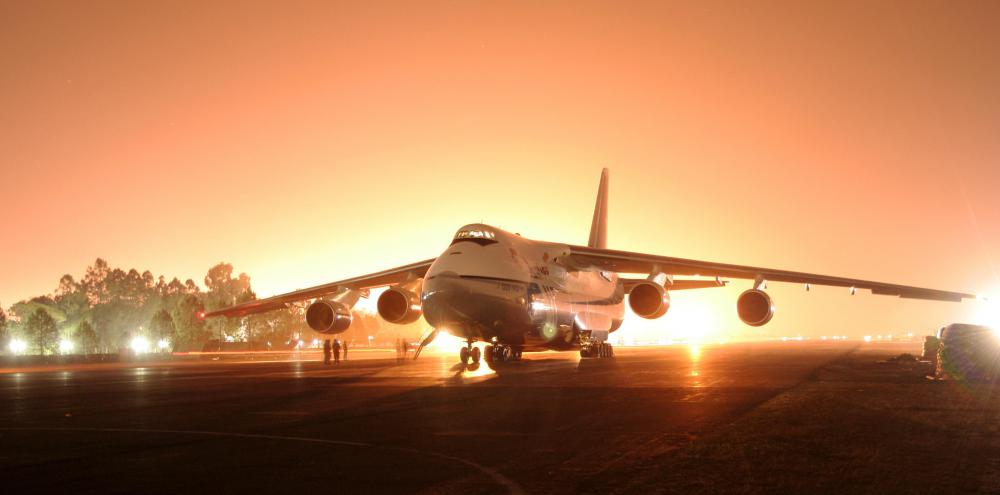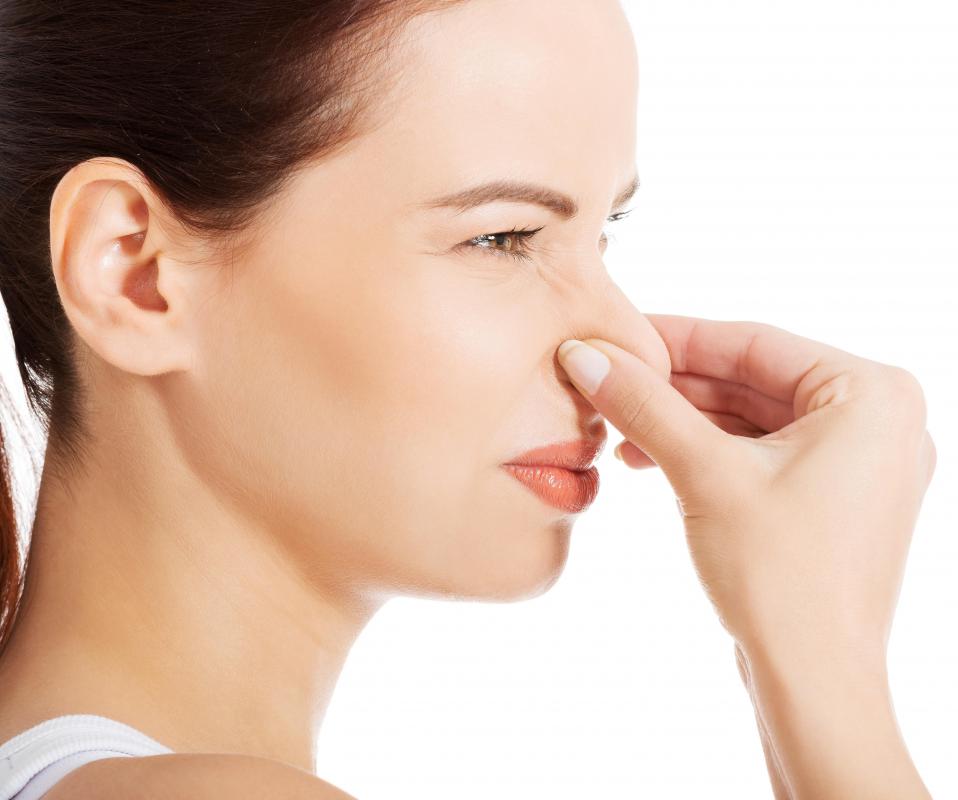At TheHealthBoard, we're committed to delivering accurate, trustworthy information. Our expert-authored content is rigorously fact-checked and sourced from credible authorities. Discover how we uphold the highest standards in providing you with reliable knowledge.
What is Airplane Ear?
Airplane ear is a common condition occurring when people use airplane travel and it may also be called aerotitis or barotitis media, or ear barotrauma. Essentially, it is caused when pressure in the middle ear exceeds that in the outside environment. This can create a situation where the eardrum doesn’t vibrate properly and where it stretches which can result in discomfort. In rare circumstances, lack of balanced pressure in and outside of the middle ear results in rupture or tear in an eardrum. Most people will experience only mild airplane ear when they fly.
Symptoms of this condition can include a feeling of pressure in the ears or of stuffiness or ear congestion. People may also note slightly diminished hearing and some mild ear pain. Sometimes symptoms are more pronounced and may include very severe ear pain, dizziness or motion sickness, ringing in the ears, bleeding from the ears, and significant hearing loss.

Several things may help prevent or minimize symptoms of airplane ear, and these should be practiced during takeoff and landing of flights when pressure differences are most significant. Yawning, chewing gum and swallowing can all help air pressure equalize because these methods help the ears release extra air. Some people benefit from taking decongestants or antihistamines about a half hour prior to flight, but if an antihistamine causes sleepiness, it may need to be avoided because sleeping during takeoff or landing can exacerbate the problem.

Another option for many people is to practice a procedure called the Valsalva maneuver. With fingers pinching the nose, people gently blow as if they were going to blow the nose. This also may quickly release air inside the ear. Other things that may help include drinking a beverage during ascent and descent of planes, and keeping well hydrated. Those who have significant colds or ear infections when flying may experience more problems with this condition.

Under most circumstances airplane ear resolves quickly once a flight has ended, but in certain cases, the condition will persist. If mild symptoms are present a few hours after a flight this usually warrants seeing a doctor. Those who have severe symptoms like extreme pain or ear bleeding should probably not wait a few hours but may benefit from medical care right away.

In most cases doctors prescribe various decongestants and pain medications to treat the problem. Very severe ear barotrauma may require more extensive treatment including myringotomy, where a small cut is created in the eardrum to help equalize air pressure rapidly. Most people don’t require myringotomy.
Though this condition is associated with flying, it can occur under other circumstances. Air pressure balance can be affected when people make a rapid ascent when driving and exterior air pressure changes quickly. Scuba diving is another activity that can result in ear barotrauma and some people develop the condition as a result of sudden physical trauma to the ear.
AS FEATURED ON:
AS FEATURED ON:




















Discussion Comments
I remember my mother always saying that if I pinched my nose and tried to blow out of it, I’d break my ear drums and go deaf. I have *never* heard of this as a method of unplugging ears that have pressure in them. I have her warning so imbedded in my psyche that I’d be afraid to try it!
I didn’t know there was a name for this, but I definitely suffer from airplane ear. During takeoffs I have to chew and swallow nonstop or my ears will plug up and not pop for hours, or even days. I do a little better with landings.
I’ve found that one of the best remedies is to constantly drink carbonated liquids. The swallowing helps keep my ears open, and the carbonation makes me burp, which makes my ears pop.
My ears must be super sensitive, because I can get airplane ear on elevators that move upward too quickly.
I learned the hard way, *never* take a child prone to ear infections on an airplane. My son, four at the time, was in so much pain he was screaming. It was *not* fun for anyone! It turned out that his frequent ear infections had left his inner ear sensitive to pressure. Our solution was not to fly.
Post your comments